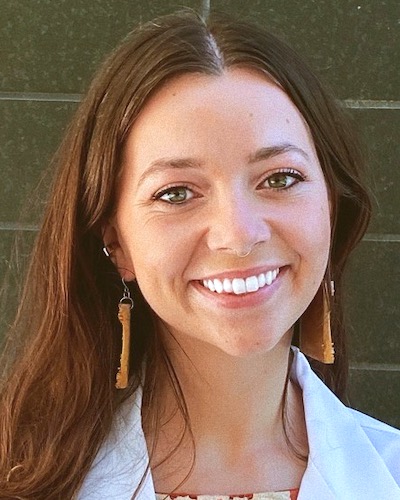OT school helped me get diagnosed with ADHD (and gain tools to thrive in grad school!)

October 6, 2022
by Leah
Community Life Hacks School/Life Balance
I have been called “spacey” my entire life. I had a big imagination and could spend hours enjoying my daydreaming, even at the dinner table or in class. I would get lost trying to go to my best friend’s house around the corner, lose everything I owned, and frequently come home from school with bruises I had no idea how I got. But I was also an extremely hard worker and teacher’s pet and did everything to get straight As and every gold star growing up (while being a professional procrastinator). I felt a bit misunderstood by my peers, impacting my mental health, but I continued to blast through life, mostly successful.
When I started OT school, I was shocked at how much harder it felt to manage my education and life with my classic, procrastinate to the last second, memorize everything, and write a paper in 2 hours routine. Graduate school requires a significant amount of self-management and structure for larger, more complex projects.
Of course, at the time, ADHD was getting a lot of attention on social media, and I was shocked at how much it resonated with me, especially ADHD inattentive type in women. A few peers and I began to discuss our shared experiences, bonding over our lifelong “quirks” and growing difficulties managing graduate school. We collectively agreed to contact the student health center. From there, I received a referral for an ADHD evaluation with a psychologist and Lifestyle Redesign.
Firstly, I did get diagnosed with ADHD, inattentive type, woohoo! But more importantly, I began receiving Lifestyle Redesign services, which are covered by student health insurance. There, I learned how to build supportive routines for my eating, sleeping, and home management tasks. We completed activity analyses of my coursework and jobs so I could better plan out my weeks. We discussed environmental supports that I needed to be able to pay attention to tasks and use the Pomodoro method to manage my time. Furthermore, my OT helped my explore my options for accommodations with the USC office of student accommodations. Not only did I get to help develop habits and routines to support my role as a graduate student and young adult navigating a new diagnosis, but I was also able to see how powerful OT can be on the receiving end.
I am grateful for the support USC offers its students, and I highly recommend asking for help when you need it and seeing what resources may be available to you as a student.
⋯
Next by tag Community ⟩ Life Hacks ⟩ School/Life Balance ⟩
⋯





